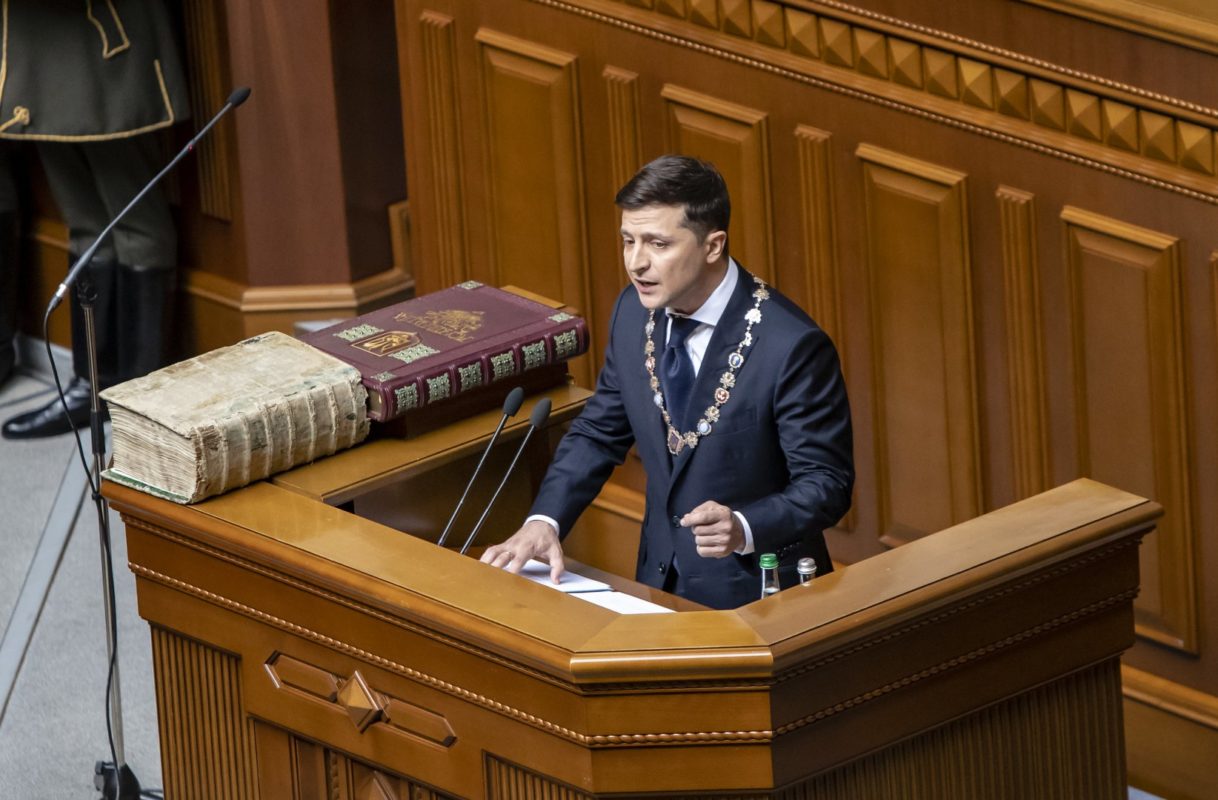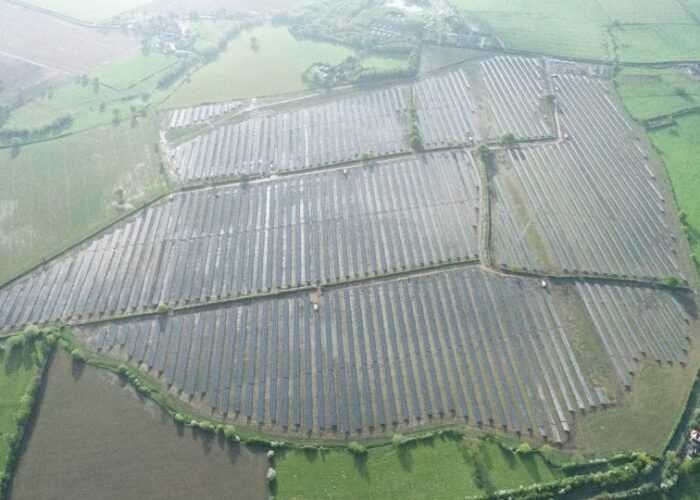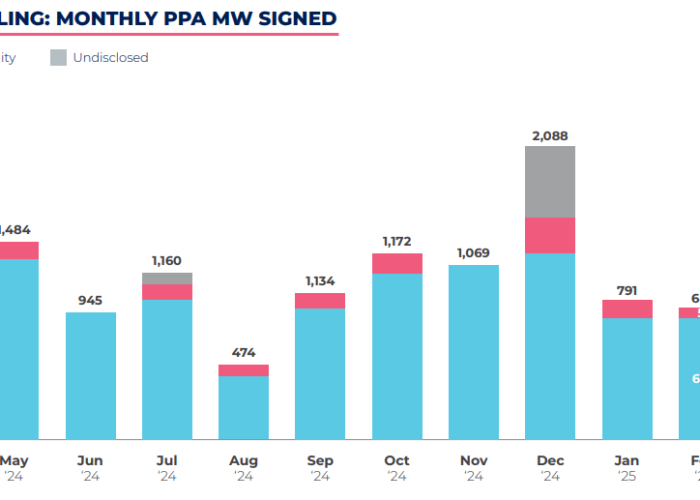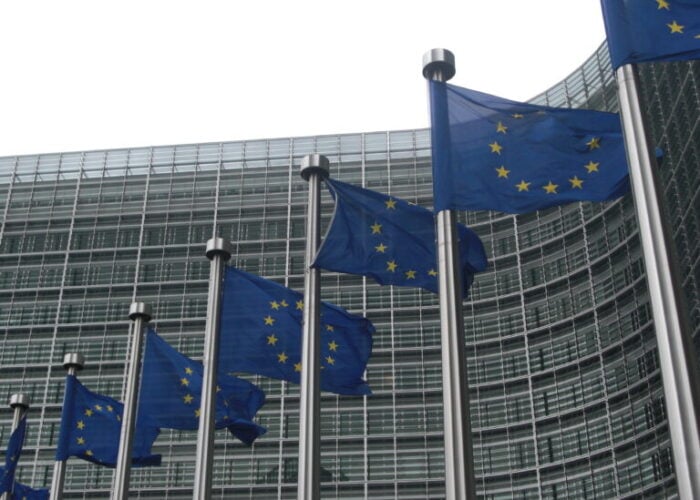
Ukraine’s recently elected president has rubberstamped new legislation designed to promote domestic solar via special tariffs.
Comedian Volodymyr Zelensky, voted into Ukraine’s top office at presidential polls in April, signed on Tuesday a new law setting out the conditions for solar production by private homes.
Unlock unlimited access for 12 whole months of distinctive global analysis
Photovoltaics International is now included.
- Regular insight and analysis of the industry’s biggest developments
- In-depth interviews with the industry’s leading figures
- Unlimited digital access to the PV Tech Power journal catalogue
- Unlimited digital access to the Photovoltaics International journal catalogue
- Access to more than 1,000 technical papers
- Discounts on Solar Media’s portfolio of events, in-person and virtual
Or continue reading this article for free
The text was amended over the summer to ensure rooftop and façade PV installations of up to 30kW can sell the electricity they produce at so-called green tariffs.
The law sets out the various prices private homes can expect to receive all the way to 2030, based on their size and whether their technology makeup is standalone PV, wind or a mix of both.
In Ukraine, the presidential blessing to domestic PV comes as the country gains international standing as an upcoming market-to-be for utility-scale developments.
The current pipeline includes a raft of solar projects by Scatec Solar – which last July claimed to have 336MW under construction – Acciona and UDP Renewables.
The Eastern European state was home last year to 2GW in installed PV capacity, according to IRENA, but is now expected by Wood Mackenzie to install 6.6GW between 2019 and 2024.
By the latter year, according to the consultancy’s estimates, Ukraine should have become one of a score of solar “growth engines” worldwide as it rolls out 1-5GW every year.
Approached by this publication, developers on the ground see potential in the country’s shift from feed-in tariffs to deregulated auctions, with some expecting it to follow a reverse approach.
Speaking to PV Tech in late May, TIU Canada CEO Michael Yurkovich praised the country’s strong irradiation levels and industrial roots, noting however issues around grid congestion.







